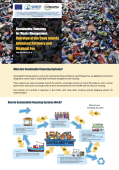
This document highlights a sustainable financing system in the Cook Islands that helps support the government's ability to divert recoverable items from landfill and into reuse or recycling.
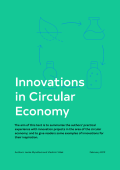
This case study provides practical experience with innovation projects in the area of the circular economy.
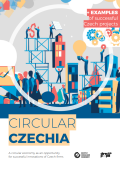
This case study outlines current barriers - cultural, market, technological and regulatory barriers - to achieve a circular economy in the Czech Republic and how to remove them.
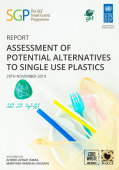
In 2011 the Maldives imposed a 400% import duty on plastics bags and made 'environmentally friendly' plastic bags duty-free. This policy change led to a significant increase in the imports of 'oxo-biodegradable' bags into the market causing even more harm to the environment than regular plastic bags.
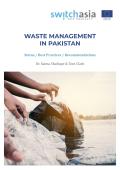
This case study explores how Pakistan can develop its institutions and systems for the efficient management of waste.
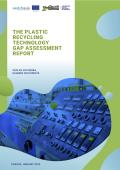
This case study analyses the gaps and opportunities in Mongolian plastic recycling, assessing the current state of plastic waste production and management.
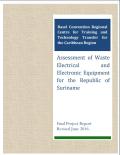
This report documents the outcomes of an assessment executed by the Basel Convention Regional Centre for Training and Technology Transfer for the Caribbean (BCRC-Caribbean) on the waste electrical and electronic equipment waste stream in Suriname.
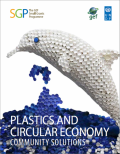
This publication captures the experiences and lessons learned of the GEF Small Grants Programme, implemented by UNDP, on plastics management.
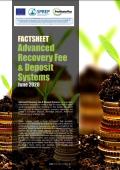
This factsheet gives an overview of advanced recovery fee and deposit systems, which are designed to create a way to sustainably finance waste management and recycling.
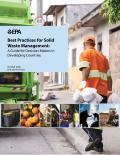
This case study focuses on best practices for solid waste management in medium and large urban centers in developing countries because they face the most substantial solid waste management challenges.
